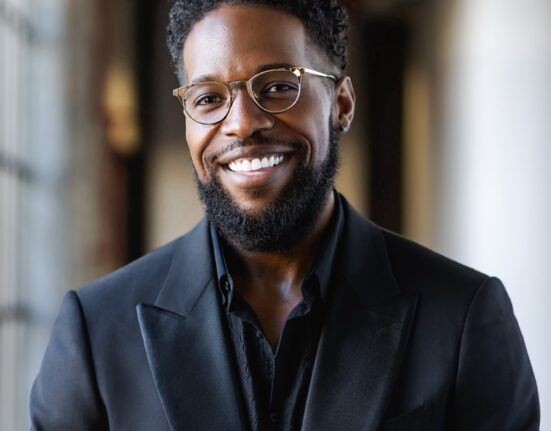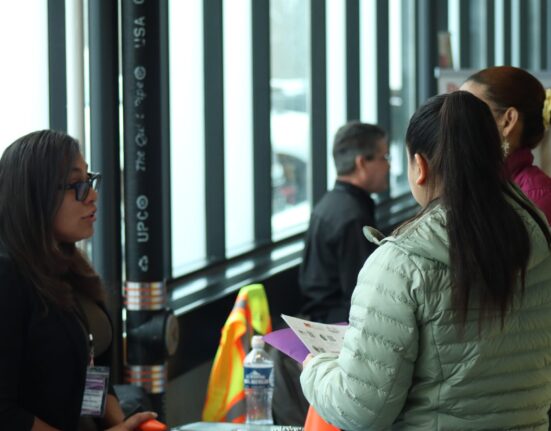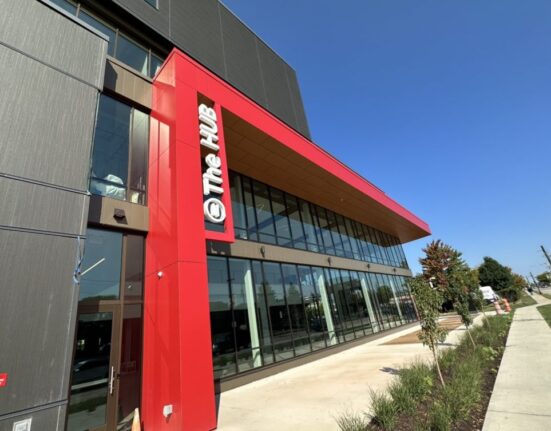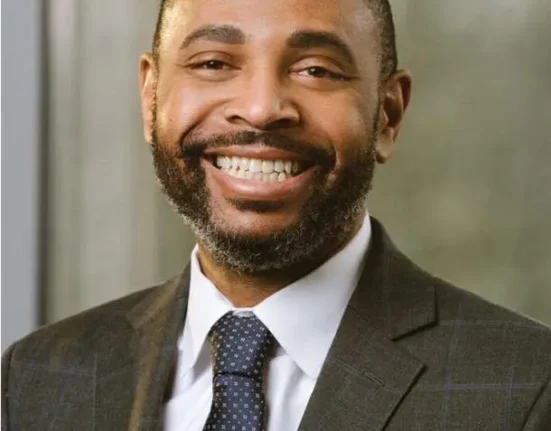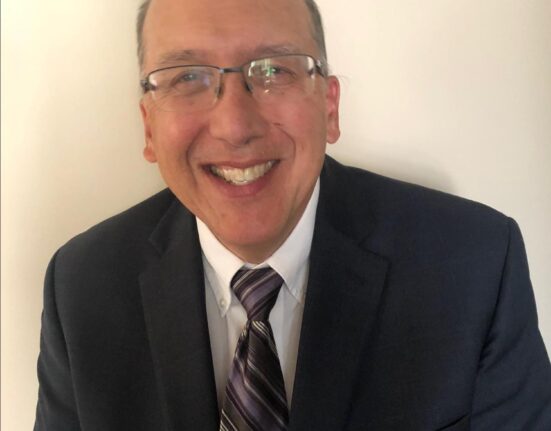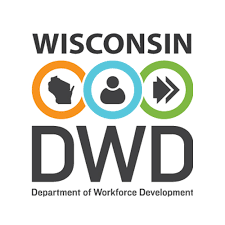Navigating the legal world can be difficult and often, people may even assume that there is no help with seemingly small yet complex legal issues. Luckily, LIFT Wisconsin (Legal Interventions for Transforming Wisconsin) has been offering services around issues such as reinstating driver’s licenses after suspensions and getting rid of eligible Wisconsin criminal records for a few years, and now they will do so under a new Executive Director.
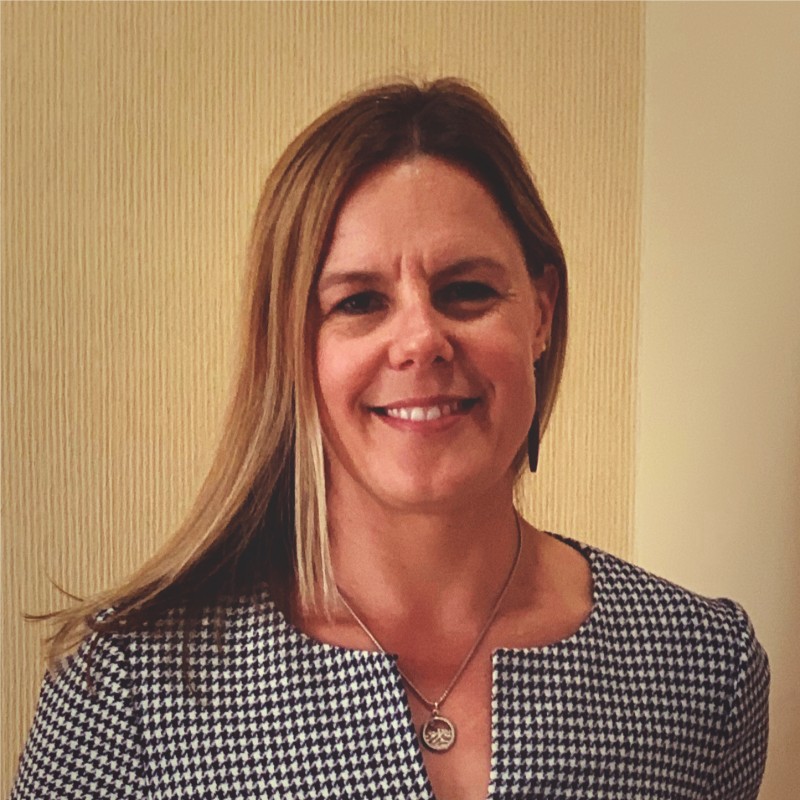
Erica Nelson, known for her work as Project Director on the impactful Race to Equity report, will be taking over the position from Marsha Mansfield, who co-founded LIFT with colleagues in 2019. Nelson spoke to the impact LIFT has already been able to have in helping people open doors to opportunity through addressing legal needs.
“This position is an interesting space because it takes on where the civil legal justice system has created barriers for low income folks and BIPOC folks with respect to achieving economic security,” Nelson told Blueprint365. “For instance, having a driver’s license suspended makes it very hard to become employed, and trying to get stable and secure housing is very hard to do when you have an eviction on your (online court) record.”
Nelson spoke especially to the sheer number of lower income families who experience legal problems with numbers being around 70% on the national level. Most of those families or individuals who experience legal problems be it through eviction, a suspended driver’s license, or misdemeanor charges, go on to receive inadequate legal assistance to get them back on track. Nelson also spoke to the importance of LIFT’s LegalTuneUp tool as a means of taking those first steps for people or families navigating these legal issues.
“What I think is so special and wonderful about the LegalTuneUp tool is that it’s very accessible and very user friendly,” said Nelson. “I think it gives people a sense of agency over their own circumstances to some degree.”
The LIFT website also serves as a database of sorts for resources around legal issues that can affect everyday people. While the legal field can be intimidating for many when it comes to finances, knowing the options, and even understanding the language and process, LIFT looks to make the process simple through allowing users to fill in some identifying information and immediately get information, solutions, and resources for legal counsel. Nelson is hopeful that this simplified process will eventually include easier ways to navigate debt and child support also.
“In the future, the organization hopes to expand to look at issues around consumer debt, and people being able to start to chip away at the barrier of consumer debt that they may have,” Nelson said. “That oftentimes is overwhelming, and intimidating. Having somewhere to go and a step by step process to work through that is going to be critical. Child support orders will also be a new space for LIFT Wisconsin that we’re growing into. Helping people assess their child support orders and actually addressing the payment order in alignment with someone’s actual income.”
The ability to address and overcome legal barriers goes hand-in-hand with getting finances back in order. By expanding across areas, Nelson and the LIFT team are working towards a holistic approach to identifying and eliminating the problems that many low income families and families of color can face when quality legal services are not readily available.
“If we look at not just the short term, but the long term implications and outcomes of addressing, removing, and alleviating these types of civil, legal, systemic barriers, it actually improves people’s health and possibilities,” said Nelson, speaking to how small legal troubles can have large consequences on areas such as employment, transportation, and quality of life. “It’ll alleviate stressors, something hanging over your head, and it provides a tool to build that foundation.”
One of the most important things to Nelson, however, was the capacity that the Executive Director role gives in leading LIFT to be a force in changing the legal environment and system for the better. Along with providing people tools and knowledge as to how to take their legal fate into their own hands, Nelson also expressed how doing so calls attention to a need for more generative and accessible legal services and processes for people who need them most.
“Policy advocacy, the need to transform the legal and policy environment that often perpetuates health and economic inequity, and racial inequities,” Nelson said. “It’s not only doing something in real time as a direct service, but it’s also working to elevate the issue that there are civil legal barriers. While working simultaneously to also change the system.”

